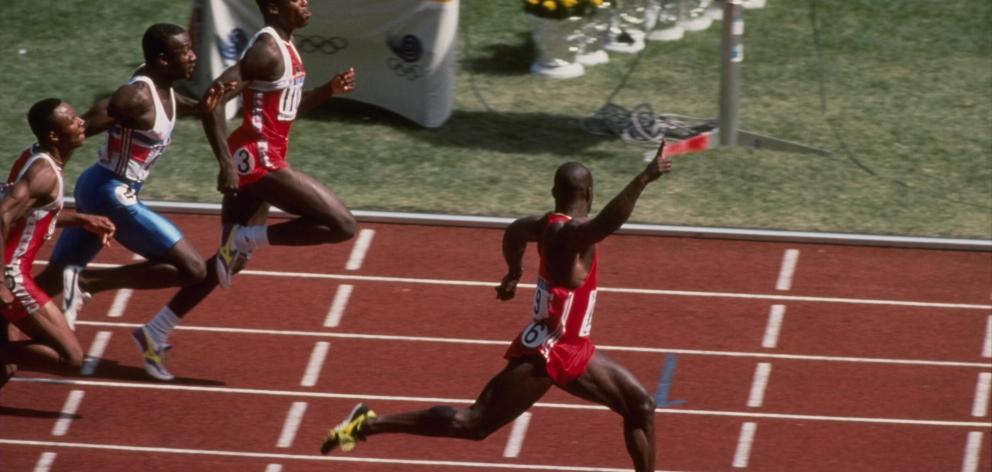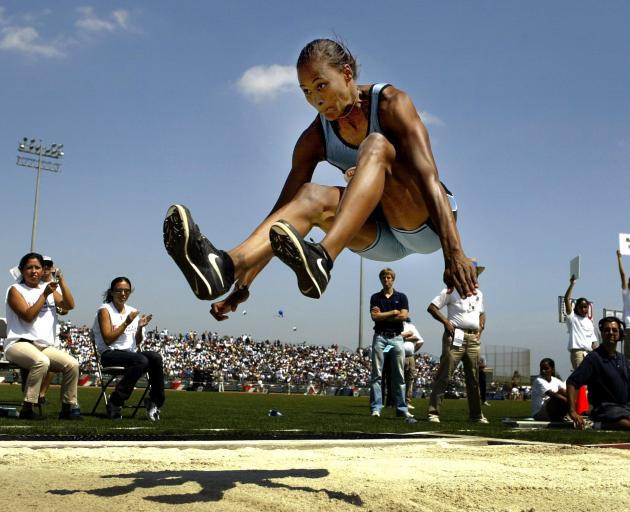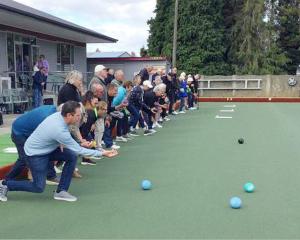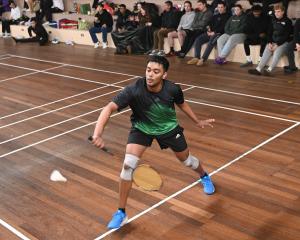
Jeff Cheshire
Eradicating drugs from sport feels like a never-ending war, but it is one worth fighting.
The impact those drugs can have on athletes can be disastrous.
You want to protect the competitor who will do anything to win because in hindsight they might wish they had not taken them.

No-one should be in a position where they feel they have to put their health in danger, or do something illegal, just to be on a level playing field.
Unfortunately, that is a narrative you hear too often.
Of course, it is not that easy.People are always going to find ways to cheat and they only have to stay one step ahead of the testers.
But surely they can only advance so much.
At some point, you would hope the testers will catch up and it will be too hard for the cheat to beat the system.
Indeed, it is something that has caught up to many in the past.
Think Lance Armstrong, East Germany and, more recently, Russia.
There have been many others, too, although those are three of the more well-known examples.
The key is to make the consequences for these people and parties so severe it makes taking the drugs not worth the risk.
Armstrong is no longer able to compete in competitive sport — even recreationally — and was vilified globally, while also losing his titles.
Russia has now been banned from the Winter Olympics next year and had many of its athletes barred from Rio 2016.
That is the way to do it — come down hard with a no-nonsense approach.
If the penalty is going to be harsh enough, it will discourage drug use in both individual and operational levels.
The problem with that is you have to be sure you are catching the right people.
There is no point just targeting people who are clearly genuinely ignorant, or using a drug for medicinal purposes.
Mistakes are going to happen and penalties will only have so much impact on that.It is the ones taking something to seek a genuine advantage that need to be chased.
Most important to stamp out are the large-scale operations.
Those are the ones that will have a greater impact and also the ones equipped to stay one step ahead.
It might seem a never-ending battle, but the only way to win is to keep taking steps forward. Russia’s latest ban is a big step forward at that.

Steve Hepburn
There is a great line in last year’s thriller by classy crime writer Michael Connelly about the building of Donald Trump’s wall between Mexico and the United States.
In a fleeting side-bar to the story, the main character talks about the wall and how it is trying to keep out illegal immigrants from crossing the border into the United States.
He says how he can see the point of the wall but "hope and desire" will overcome any wall.
The same can be applied to sport and drugs.
You can make as many rules as you want. Have as many tests and penalties as you can muster. In essence, build as many walls as you want.
But in the end, "hope and desire" will win out.
Then throw in corruption, entitlement and, most importantly, money, and the war against drugs is the unwinnable war.It really is the Vietnam War for sports administrators.
Morals and fair play went out years ago. It is all about winning — at all costs.
Athletes know winning brings money and fame. Does anyone remember Richard Thompson, who finished second behind Usain Bolt in the 100m at Beijing in 2008?
We all cut corners these days in the pursuit of excellence. The problem now is the corner is being obliterated by those who use drugs to win.
They will use every means possible to win. Any drug and stimulant to get ahead.
Then they surround themselves with yes-men who simply justify their wrongdoing.
Goodness knows how Lance Armstrong went undetected for years when people must have known he was cheating. But if Lance was your life support then you would not have spoken out of turn.
Plus countries and politicians see sport as part of nation-building. Success at Olympics and world championships gives politicians and statesmen photo opportunities along with some chest-beating.
So if they want to get those — and what politician in the world would not? — they will look to bend the rules and bag some medals.
Countries see it as their right to give their athletes a bit of extra stimulant to bag that gold medal so the athletes can get the official go-ahead and cheat.
Then if it all comes crashing down — like it has for Russia — you just go and blame the "ugly foreigners", who are picking on countries like Russia.
Cheating happens to a degree at all levels of sport so why should it not happen at the top?
Trying to stop it has become hopeless. As soon as Florence Griffith-Joyner went away along came Marion Jones. The cheating well never dries up.It never will when it is fed by hope and desire.












